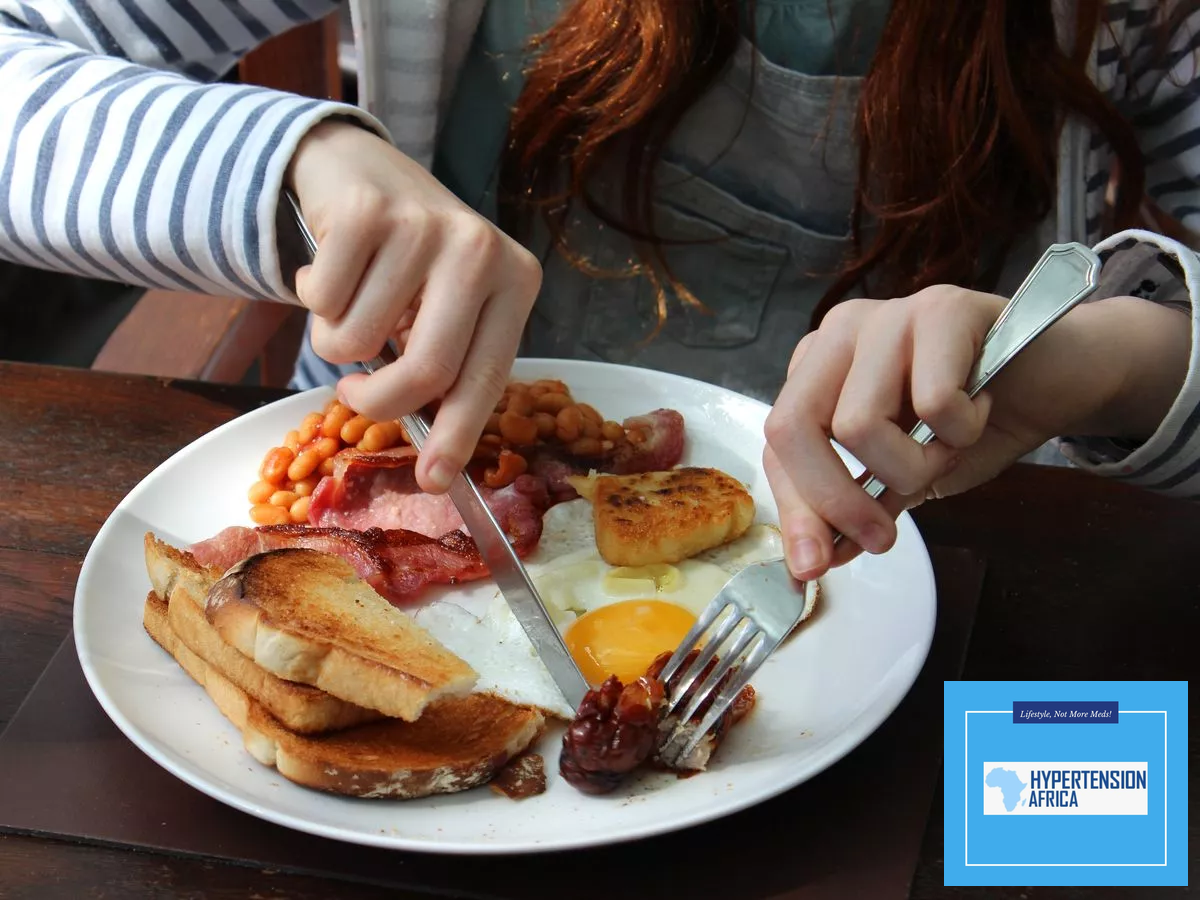According to the NHS, 15% of people are estimated to have high blood pressure that is not receiving medical treatment, and 30% of individuals are thought to have high blood pressure. In certain situations, it can be controlled by making certain lifestyle choices, even if it can also result in some terrible health events including heart attacks and kidney problems.
In her presentation on the dos and don’ts of high blood pressure diets, senior dietitian Victoria Taylor identified four foods that consumers should absolutely stay away from. In addition, she offers one suggestion that can actually help lower your blood pressure rather than only preventing it from rising.
READ ALSO: High blood pressure found to increase airway resistance and affect lung function
First on the cutting block, according to the British Heart Foundation expert, are salty foods, which are frequently the first thing people are told not to eat after receiving a diagnosis. Victoria advised against consuming more than 6 grams, or around one teaspoon, each day.
“The majority of the salt we consume is already in our food when we purchase it in items like olives, crisps, sauces, and pickles,” the expert pointed out, even though this may sound simple. Additionally, it can be found in bread and breakfast cereals, as well as processed meats like ham, bacon, and sausages.
She advised individuals to just make their own low-salt versions at home and search for low-salt substitutes rather than ordering takeout. In a similar vein, the nutritionist cautioned against eating foods high in fat and sugar since they can raise blood pressure indirectly by making you gain weight.
Because excessive alcohol use can lead to weight increase over time, it can also be a major warning sign for people with hypertension. Victoria advised individuals to drink in moderation, ideally much less than the government’s recommended weekly intake of 14 units, even though she acknowledged that you might not have to completely give up alcohol.
Lastly, the dietician suggested giving up caffeine, which raises blood pressure in addition to its energy-boosting effects. Victoria cautioned that although the effects are typically temporary, some people are just more sensitive to caffeine than others, and excessive caffeine use may have long-term effects on blood pressure.
Additionally, she is focusing on the trace levels of caffeine found in soft drinks, chocolate, and even coffee and tea. However, to better control your blood pressure, the nutritionist also suggested increasing your intake of low-fat dairy products.
She explained: “Dairy products contain a complex combination of nutrients, including calcium which has been linked to blood pressure reduction.” Low-fat dairy also has the added benefits of providing calcium and protein without excess fats.
According to the dietician, these dos and don’ts are based on a method created especially for blood pressure patients by experts at the National Heart, Lung, and Blood Institute in the United States. The Dietary Approaches to Stop Hypertension (DASH) diet method is the name given to it by many.

